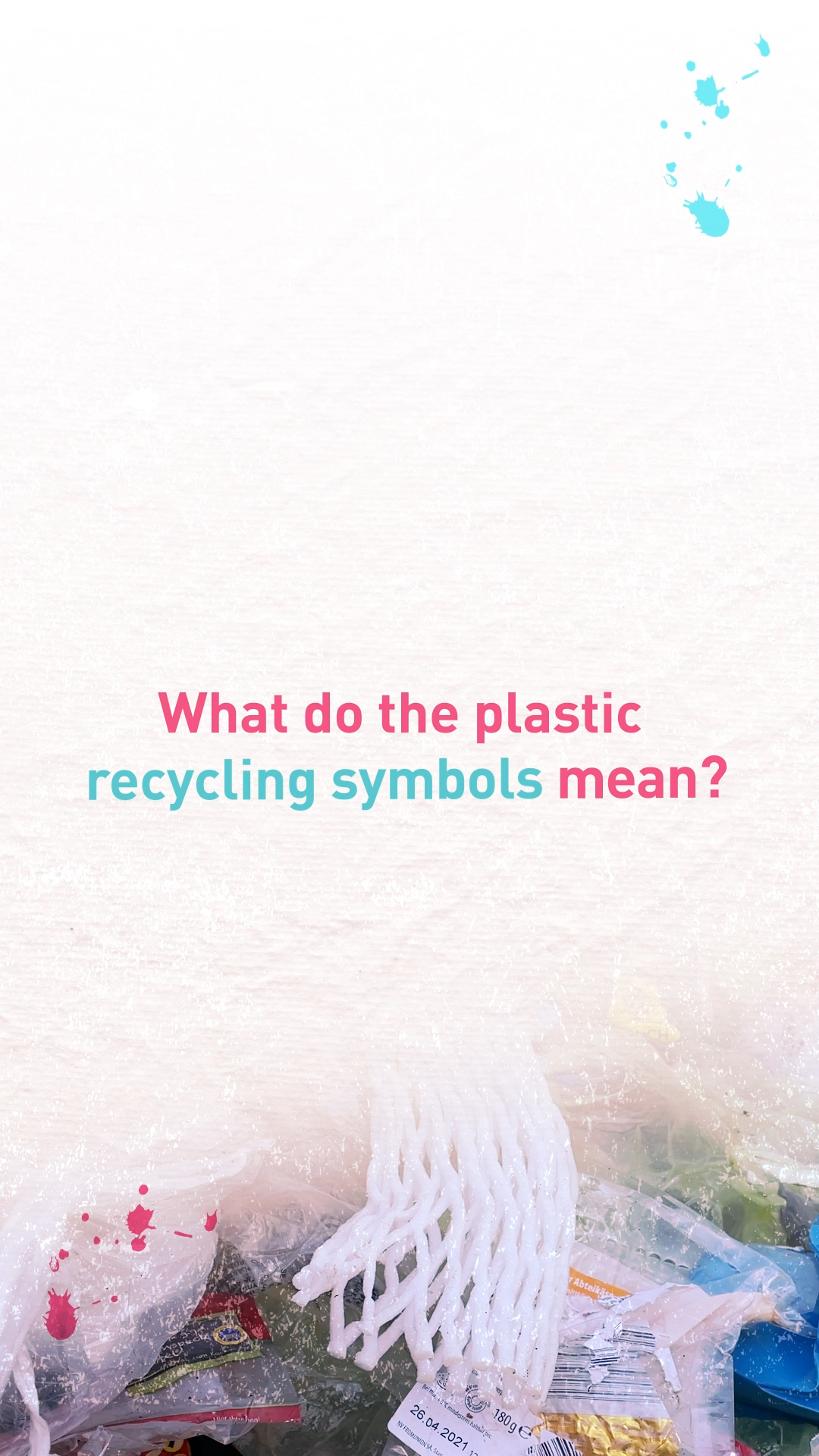
A member of Greenpeace holding a plastic package in Adana Province, Turkey. The researchers found plastic from packages from the UK and Germany at the site. /Greenpeace/ Caner Ozkan
A member of Greenpeace holding a plastic package in Adana Province, Turkey. The researchers found plastic from packages from the UK and Germany at the site. /Greenpeace/ Caner Ozkan
It's likely that in your everyday life you're going to come across single use plastic; and if you are conscientious about the environment, you might even recycle it - but have you ever wondered where that plastic ends up?
The sad answer is often not at a recycling plant. A new report claims that over half of the plastic that the UK says is recycled is actually shipped overseas to countries without the proper recycling facilities, and that's a lot of waste.
A person in the UK produces more plastic waste than almost anyone else in the world - only American households are heavier users - and the UK's 5.2 million tons of plastic waste from 2018 could have filled England's Wembley Stadium six times over.
The majority of plastic exported out of the UK is sent to Turkey, around 209,642 tons, or 39 percent. Malaysia is the next biggest destination, receiving 65,000 tons of waste, then Poland, which gets seven percent.
But this is a relatively new position for Turkey. Before 2017, the UK sent the majority of its plastic to China until the country banned the practice.
Since that ban, Turkey has been importing more and more plastic, and the UK is not its only source. In 2020, EU member states sent 20 times more plastic to the country than they did in 2016.
Like the UK, half of the plastic that the EU says it recycles is actually sent abroad. Turkey only recycles around 12 percent of its plastic, so much of that imported waste has a very bleak end of life.
00:53

In March 2021, Greenpeace, which published the report, went undercover in Turkey to find out what was happening. They found 10 sites between the Mediterranean and Adana province, near the Turkish border with Syria, where plastic was illegally dumped- and in many cases, even on fire.
Much of the plastic at the sites was from high street stores, including the Co-op, Sainsbury's Tesco, Asda, Aldi, Lidl and Marks & Spencer.
"European citizens need to know this: Clean streets in Germany, in United Kingdom or France, where people sort their waste carefully, well, it doesn't end up in recycling facilities... it [goes to Adana] where there are mountains of illegal waste," Sedat Gundogdu, a professor from Cukurova University in Adana, told AFP.
Turkey has tried to respond to this problem. In 2020, it announced a ban on importing plastic by January 2021. However, according to the report, the UK has been exporting more, not less, since January.
It said that in January of this year the UK exported 14,500 tons of plastic waste to Turkey, up from 12,400 tons the previous year.
The EU has also banned the export of plastics to non-OCED countries. However, this does not apply to Turkey.
Local Turkish recyclers have also said that these imports are an important part of their industry, arguing that they need the excess supply of materials to meet the foreign demand for recycled products.
Zafer Kaplan, the chairman of Turkish company Gama Recycle, told AFP: "Even if we collected all of our waste, this wouldn't be enough to meet the recycling industry's needs."

